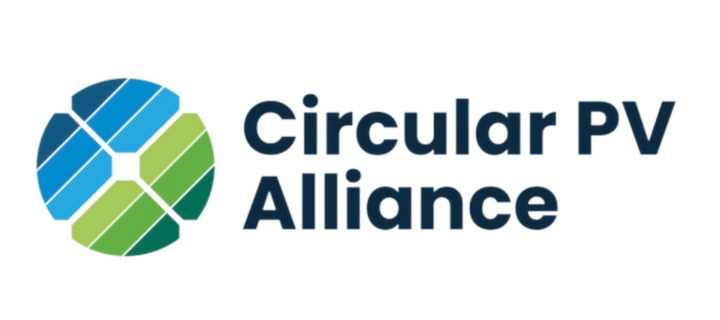Oil and gas industry says Australia’s methane pledge is a positive step
The Australian Government’s weekend decision to sign the Global Methane Pledge is an important step in the emissions reduction pathway to net zero, according to the nation’s oil and gas industry

The Australian Government's decision to sign the Global Methane Pledge has received the approval of peak bodies in agriculture, and the oil and gas industry.
Participants joining the Pledge agree to take voluntary actions to contribute to a collective effort to reduce global methane emissions at least 30 percent from 2020 levels by 2030, which could eliminate over 0.2˚C warming by 2050. This is a global, not a national reduction target.
Participants also commit to moving towards using the highest tier IPCC good practice inventory methodologies, as well as working to continuously improve the accuracy, transparency, consistency, comparability, and completeness of national greenhouse gas inventory reporting under the UNFCCC and Paris Agreement, and to provide greater transparency in key sectors.
The Australian Petroleum Production & Exploration Association (APPEA) today said the sector had worked with the Government as part of the consultation process given the industry’s commitments to emissions reduction were consistent with, or went beyond, the Pledge.
APPEA Chief Executive Samantha McCulloch said: “As an industry committed to net zero greenhouse gas emissions economy-wide by 2050, we have worked with the Government towards today’s announcement, paving the way towards a cleaner energy future."
“With Australia’s focus on emissions reduction, signing the Pledge is a positive and important step for our country and the world."
“Reducing methane emissions has been a priority of our industry for decades as members monitor, report and reduce their fugitive emissions profile, participating in several global initiatives."
“In addition, members participate in global initiatives such as signing on to the Methane Guiding Principles and methane emissions reduction investments through the Oil and Gas Climate Initiative (OGCI).”
Farmers for Climate Action, an organisation representing more than 7000 farmers across Australia, also welcomes Australia signing on to the Global Methane Pledge.
CEO Dr Fiona Davis said farmers would benefit from Australia and the world signing on to the pledge.
"This is a sensible policy, and we note 122 other countries have already signed on to the pledge including huge farming nations such as the US, New Zealand, Brazil, the EU and Canada."
"The Federal Government has assured us on key points, namely:
- The Federal Government's approach does not require reducing stock numbers;
- The Federal Government will work with the oil and gas sectors and with Australia's most polluting companies on opportunities to reduce methane; and
- The target will not be legislated nor binding."
Monash University scholar Professor Chris Greening, Department of Microbiology and Monash Biomedicine Discovery Institute agrees that the pledge may be more lucrative than restrictive.
“There has been a scare campaign that reducing emissions will negatively impact the agricultural sector and require people to change their diets. However, proven solutions already exist which would allow the country to rapidly reduce methane emissions in an economically lucrative way," Greening says.
“Achieving Australia’s emissions reduction targets depends on using microbiology to reduce and recycle emissions."
“For the agricultural sector, simple chemical, or seaweed-based, feed additives greatly reduce methane emissions from ruminant livestock, and are approved in several countries. This approach amazingly increases productivity while reducing emissions."
“In parallel, methane-eating microorganisms can be used to convert methane produced by the waste and energy sectors into useful products, such as single-cell protein or bioplastics, with multiple sustainability benefits.”















